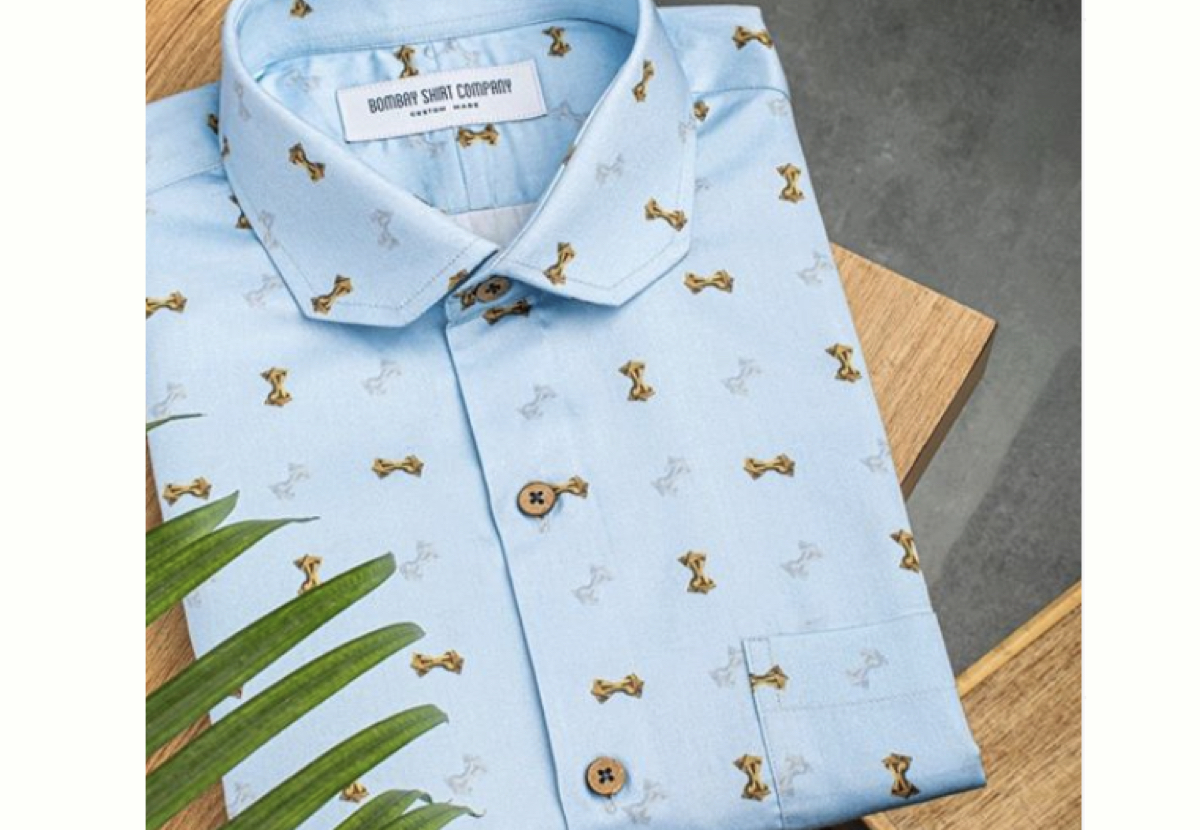


As citizens of our planet we all need to be worried about what fashion is doing to our world. The fashion industry is considered to be the second most polluting industry globally. Bombay Shirt Company is synonymous with custom shirts. and going forward they have the opportunity to build a personalized men’s lifestyle platform that is financially and environmentally better. Technology will be central to facilitating this evolution with data being a key driver to understanding customer preference.
Fast fashion is probably the biggest disruption to have happened to the fashion industry over the last 2 decades. The fast fashion business model is predicated on ripping off the latest designs from runways across the world to launch collections that hit stores in less than 2 weeks. All of this is possible due to a hyper-efficient global supply chain. Brands like Zara and H&M have been the torchbearers of this disruption on the back of which they have created some of the largest fashion businesses in the world. While much credit is due to these businesses for their speed of execution and ingenious manufacturing processes, it has come at the cost of a significant burden to our earth and their balance sheets.
Traditionally fashion has been about four seasons, however, consumers today have grown up in a world of 52 micro-seasons. This has meant that global clothing production has doubled since 2000; consumers are buying 60% more garments and keeping them for only half as long. One would think all this growth is great news for the fashion industry. However, not all growth is good, some makes you fat, and some strong. Due to the revolving door nature of fast fashion, brands are required to continuously refresh inventory and as a result have seen their balance sheet bloated by tons of unsold inventory. H&M holds 9 months of revenue as inventory at any time on its books, while brands like Burberry have been known to torch unsold inventory so as to not damage their brand. Clearly, these are just bad business models!
As citizens of our planet we all need to be worried about what fashion is doing to our world. The fashion industry is considered to be the second most polluting industry globally. The industry contributes 10% of humanity’s total carbon emissions and is the second largest consumer of water supply which goes on to pollute our oceans with microplastics. We have already begun to see the early signs of declining fortunes for fast fashion brands, from global protests against the likes of Zara to the emergence of cult brands like Everlane, which are built around transparency and fair play.
As venture capitalists we have the opportunity to influence how consumption evolves and it is a responsibility that we at Lightbox take seriously. Hence, as we thought about the fashion sector, we have been on the lookout for disruptive business models that solve some of the environmental and economic challenges of fast fashion.
Our patience finally paid off with Bombay Shirt Company, a personalised men’s lifestyle brand that produces custom men’s shirts on a made to order basis. The company operates an omni-channel model serving its customer via a network of 17 stores, 15 of which are in India and 2 abroad and an e-commerce platform. The physical stores offer an opportunity for customers to engage with stylists and touch and feel the fabric. Since inception, the company has produced 1.3 Lakh shirts servicing 57,000 unique customers.
The custom nature of the business model means the company does not need to invest in inventory. They only produce a shirt once the customer has placed and paid for an order. This means the company operates on a negative working capital cycle and benefits from a massive cost structure advantage over existing fast fashion players. Additionally, the company has not had to discard any of its products to date making it a far more environmentally sustainable business.
In today’s Instagram world where everyone is trying to stand out amongst the crowd, personalization is becoming a bigger driver of purchase decisions among consumers. Personalization is going to be key to build the standout brand of the 21st century.
Today, Bombay Shirt Company is synonymous with custom shirts. Going forward the company has the opportunity to build a personalized men’s lifestyle platform that is financially and environmentally better. Technology will be central to facilitating this evolution with data being a key driver to understanding customer preferences. A slick physical experience will allow for the delivery of a personalized experience where offline stores will serve as experience centers to supercharge customers.